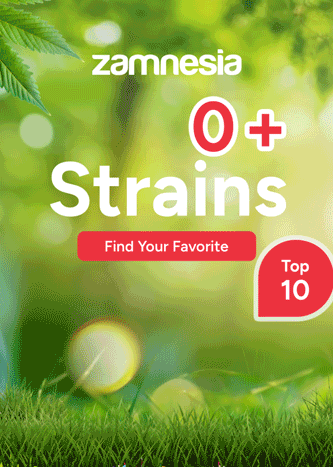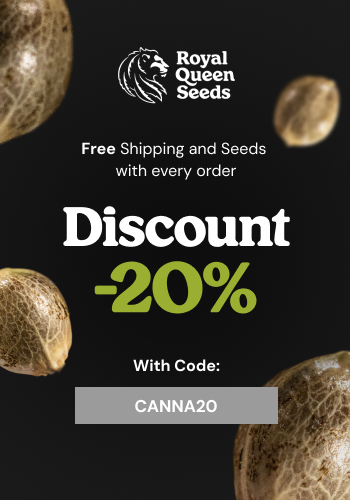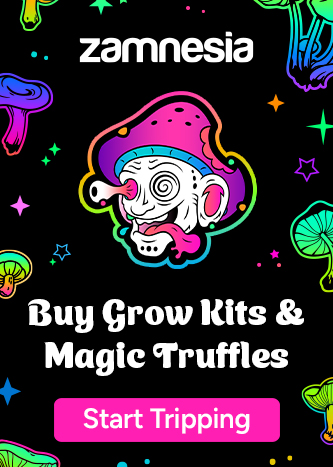What's the difference between CBD oil and CBD tincture?
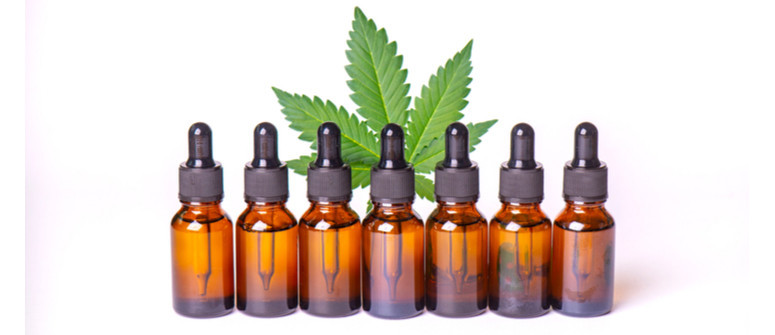
If you've gone shopping for CBD concentrates, you might've seen some products labelled as oils, and others as tinctures. You might've also noticed they look pretty similar, both coming in small bottles packed with CBD. There aren't many differences, but they're important distinctions to make if you plan on using CBD regularly.
Contents:
Whether it’s your first or your hundredth time buying CBD, you may get confused walking by the small concentrate bottles, noticing they’re labelled as either an oil or tincture. Considering how similar they look, we wouldn’t blame you for thinking it’s just two names for the same thing.
However, oils and tinctures are two distinct types of concentrates. They may look similar, and contain the same essential ingredients, but certain differences in preparation and contents are important to note.
WHAT IS CBD OIL?
Before we start forming distinctions, we have to define what we’re distinguishing between.
If you’ve kept up with cannabis-related health news over the past decade, we’re sure you’ve heard of CBD oil to some extent. It’s essentially a concentrate derived from hemp plants consisting mainly of CBD, which is then combined with a carrier oil such as coconut oil, olive oil, hemp seed oil, or anything similar.
WHAT'S CBD TINCTURE?
You might've seen the term “CBD tincture” pop up as well. It seems to be discussed in the same context as CBD oil, but it’s fairly different. CBD tinctures are the result of soaking hemp plant matter in an alcohol solution. The plant matter is then filtered out, and other herbs or flavouring agents may be added to complete the process.
CBD TINCTURE VS CBD OIL
Now, with a clearer understanding of CBD oils and tinctures, we’re confident you’ll comprehend the differences. Let’s go through them all, one by one, to verify that comprehension!
PRODUCTION
We’ve discussed this to some extent, but let’s dive more into CBD oil and tincture production.
• CBD Oil
Now, some CBD used to make oil is extracted using alcohol, or even butane, but the final product won't (or shouldn't) contain any residual solvent. Still, most high-quality CBD oil you’ll see today is extracted with the help of supercritical CO₂.
In a specialised machine, CO₂ is pressurised until it has the density of a liquid, while still being a gas. The CO₂ is then passed through hemp flower in the machine’s other chamber, extracting CBD and other cannabinoids. You’ll either finish there and have full-spectrum CBD oil, or undergo further purification to create broad-spectrum oil or CBD isolate.
• CBD Tincture
Tincture is far simpler to make, although it’s more time-consuming. See, all you have to do is soak CBD-rich flower in high-proof alcohol, such as Everclear, and you’re done! Well, more specifically, you’ll be done after the week or so it’ll take for the tincture to fully infuse. After that, though, you just have to filter out the plant matter.
INGREDIENTS
With the oils and tinctures made, we can take a look at what’s actually inside them.
• CBD Oil
Now, if the oil producers stop extraction after the stages we described before, you’ll have a full-spectrum CBD oil. That means, along with CBD, the oil will contain every other cannabinoid, terpene, flavonoid, etc. in the hemp plant. If they don’t want to include THC, however, they’ll just filter it from their product and be left with broad-spectrum oil. CBD isolate can also be created from here; however, it requires an additional filtering stage to create an extract with 99% CBD purity.
• CBD Tincture
As far as the plant matter used, CBD tinctures and full-spectrum CBD oils have similar compositions. Tinctures can be pretty harsh on the taste buds, though, so some producers add in flavouring to soften the blow. They’re also known to add herbs, essential oils, and other vitamins to enhance the potential wellness benefits.
CONSUMPTION
We’ve been nitpicking differences up to this point, but now let’s discuss the similarities.
• CBD Oil
You can swallow CBD oil straight, but less CBD will take effect due to breakdown by enzymes. That’s why almost every brand selling CBD oil recommends you take it sublingually (below the tongue). Along with taking effect faster—since it passes through the mucous membrane into the bloodstream—it avoids interactions with enzymes.
• CBD Tincture
CBD tincture, functioning almost exactly like CBD oil, is taken sublingually for the same reasons. You can take it orally too, but, as with the oil, you’ll experience diminished and delayed effects. You can also add either tinctures or oils to edibles and enhance their oral bioavailability!
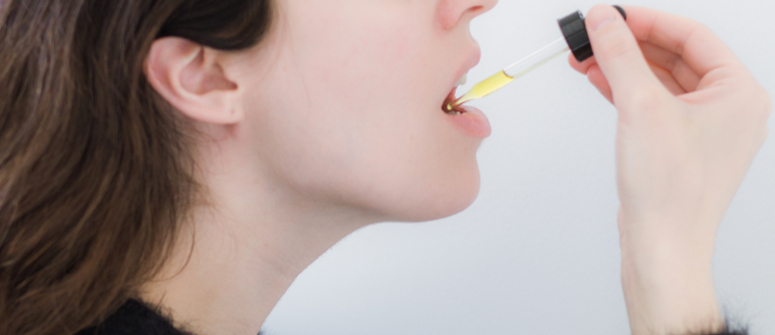
SHELF LIFE
Given the production methods and resulting compositions, note that CBD oil and tincture have quite different shelf lives.
• CBD Oil
The shelf life of your oil will be purely dependent on the type of carrier oil used. If it’s olive oil, it’ll last as long as regular olive oil (about 18 months after the olives are harvested). The olive oil used in the process shouldn’t be old, but be wary of CBD oils older than a year. Consider the different expiration dates of different oils accordingly.
• CBD Tincture
Since they’re based in alcohol, CBD tinctures will last a good couple of years or more after manufacturing. This shelf life, as with CBD oils, will be maintained and enhanced by proper storage and care. Keep them in a cool and dry place, and ensure containers are sealed when you’re not using them.
PRICE
Assuming similar quality and potency, CBD oils and tinctures will be offered for around the same price. As the extraction becomes more refined and the contents become more enticing (i.e. extra/premium ingredients), cost can increase exponentially. That being said, there are plenty of quality affordable options out there; you just have to be discerning.
IS CBD TINCTURE BETTER THAN OIL?
So, are CBD tinctures better than oils, or vice versa? Well, as we’ve hopefully shown you, there’s nothing that makes one better than the other. Which you prefer comes down to just that: your preference.
Maybe the additional herbs and other ingredients in tinctures are appealing to you. Or, maybe you feel better when you take a CBD concentrate that doesn’t contain alcohol. We’re not here to convince you either way! Really, we just want you to make sure you’re only buying quality CBD products from reputable sources. It’s all up to you beyond that!
